Our place to honor those actors, actresses and the many people behind the camera that have passed in 2022.
December 5th – Kirstie Alley (1951-2022)
Kirstie Alley Movies | Ultimate Movie Rankings
November 25th – Irene Cara (1959-2022)
October 14th – Robbie Coltrane (1950-2022)
October 11th – Angela Lansbury (1925-2022)
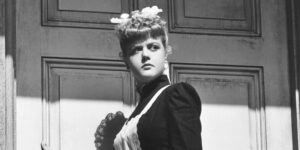
September 23rd – Louis Fletcher (1934-2022)
September 14th – Henry Silva (1928-2022)
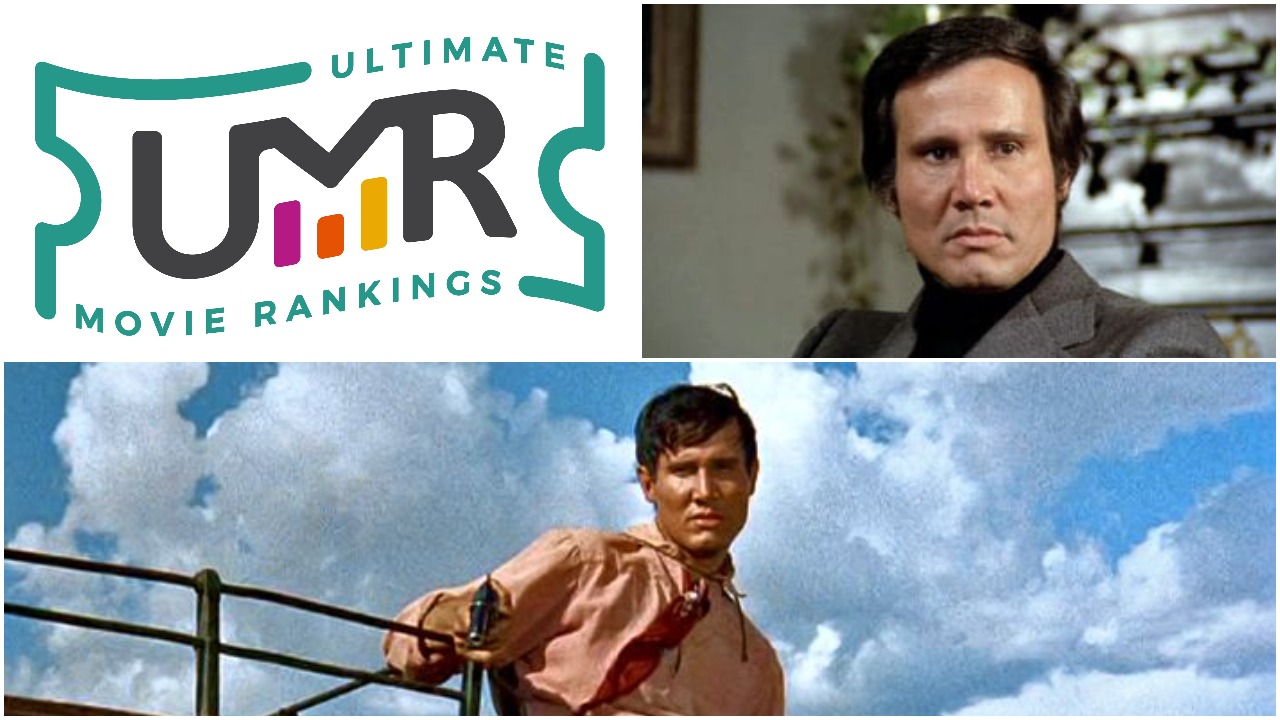
September 14th – Irene Papas (1934-2022)
Irene Papas Movies in our Database Ranked – Movie (Year)
1st – Z (1969)
2nd – Zorba the Greek (1964)
3rd – Anne of the Thousand Days (1969)
Message, The (1976)
Moon-Spinners (1964)
Lion of the Desert (1980)
Brotherhood, The (1968)
Trojan Women, The (1971)
High Season (1987)
Sweet Country (1987)
11th – Battle of Sutjeska, The (1973)
September 13th – Jean Luc Godard (1930 – 2022)
Sadly we do not currently have a UMR Godard Page.
September 10th – Marsha Hunt (1917-2022)
August 12th – Wolfgang Petersen (1941-2022)
August 12th – Anne Heche (1969-2022)
August 8th – Olivia Newton-John (1948-2022)
August 6th – Clu Gulager (1928-2022)
July 31st – Nichelle Nichols (1932-2022)
July 25th – Paul Sorvino (1939-2022)
July 24th – David Warner (1941-2022)
July 23rd – Bob Rafelson (1933-2022)
July 9th – L.Q. Jones (1927-2022)
July 6th – James Caan (1940-2022)
June 12th – Philip Baker Hall (1931-2022)
May 28th – Bo Hopkins (1942-2022)
May 26th – Ray Liotta (1954-2022)
May 8th – Fred Ward (1922-2022)
April 20th – Robert Morse (1931-2022)
April 12th – Gilbert Gottfried (1955-2022)
April 7th – Nehemiah Persoff (1919-2022)
March 13th – William Hurt (1950-2022)
March 4th – Mitchell Ryan (1934-2022)
February 24th – Sally Kellerman (1937-2022)
February 13th – Ivan Reitman (1946-2022)
January 21st – Louie Anderson (1953-2022)
January 20th – Meat Loaf (1947-2022)
January 17th – Yvette Mimieux (1942-2022)
January 9th – Bob Saget (1956-2022)
January 9th – Dwayne Hickman (1934-2022)
January 6th – Sidney Poitier (1927-2022)
January 6th – Peter Bogdanovich (1939-2022)
(Visited 1 times)

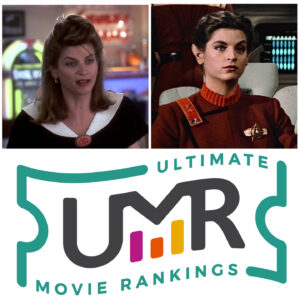

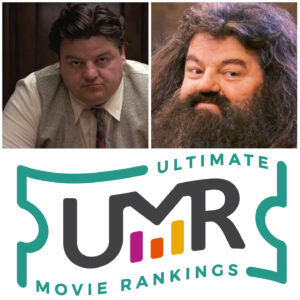
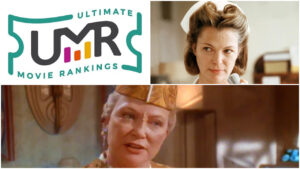
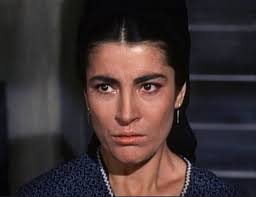
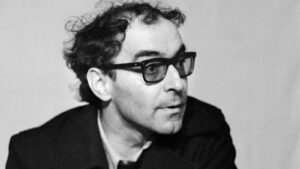
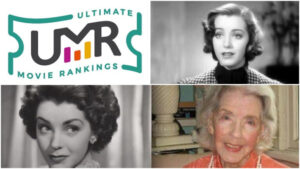
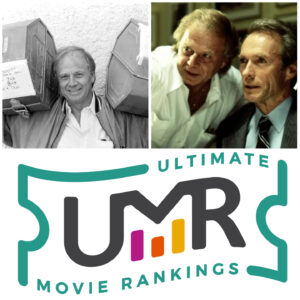


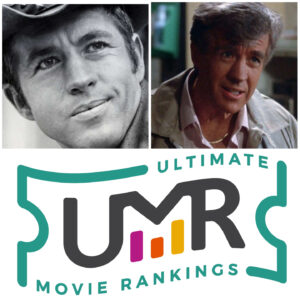
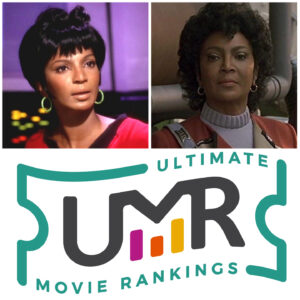
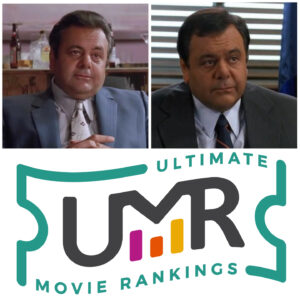


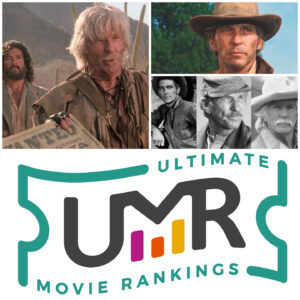
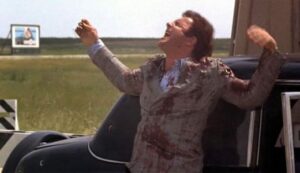
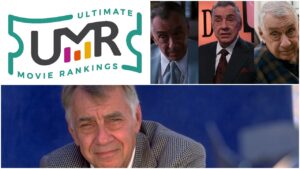
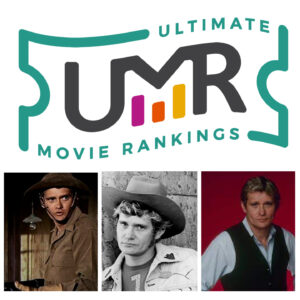


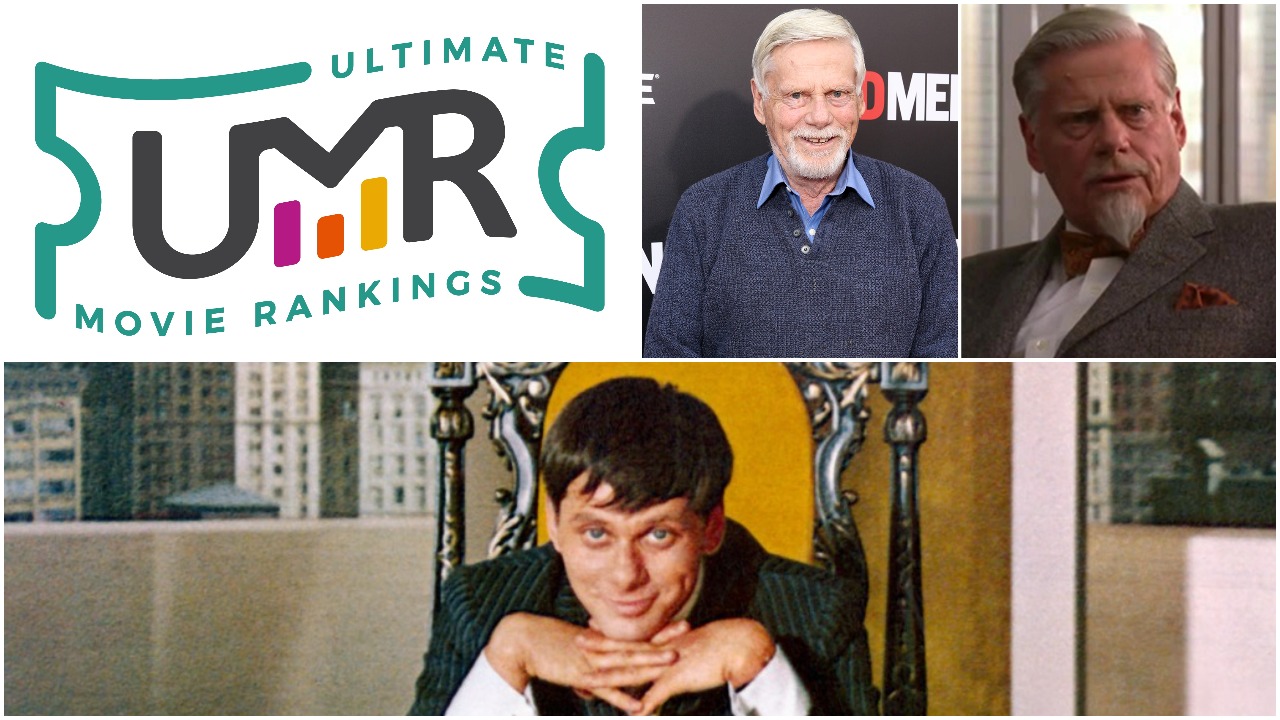

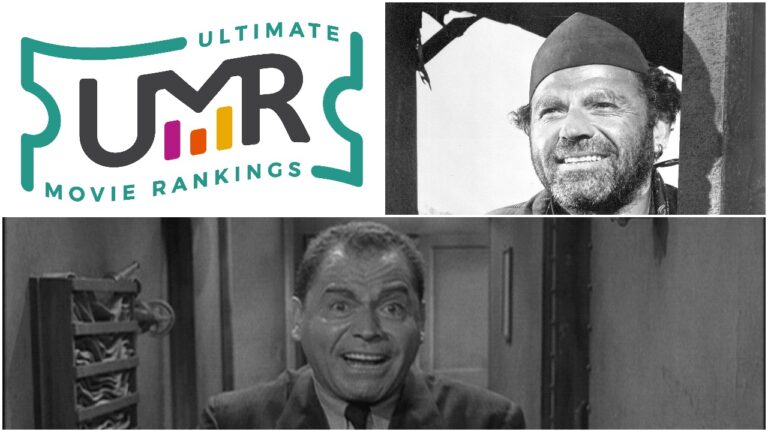
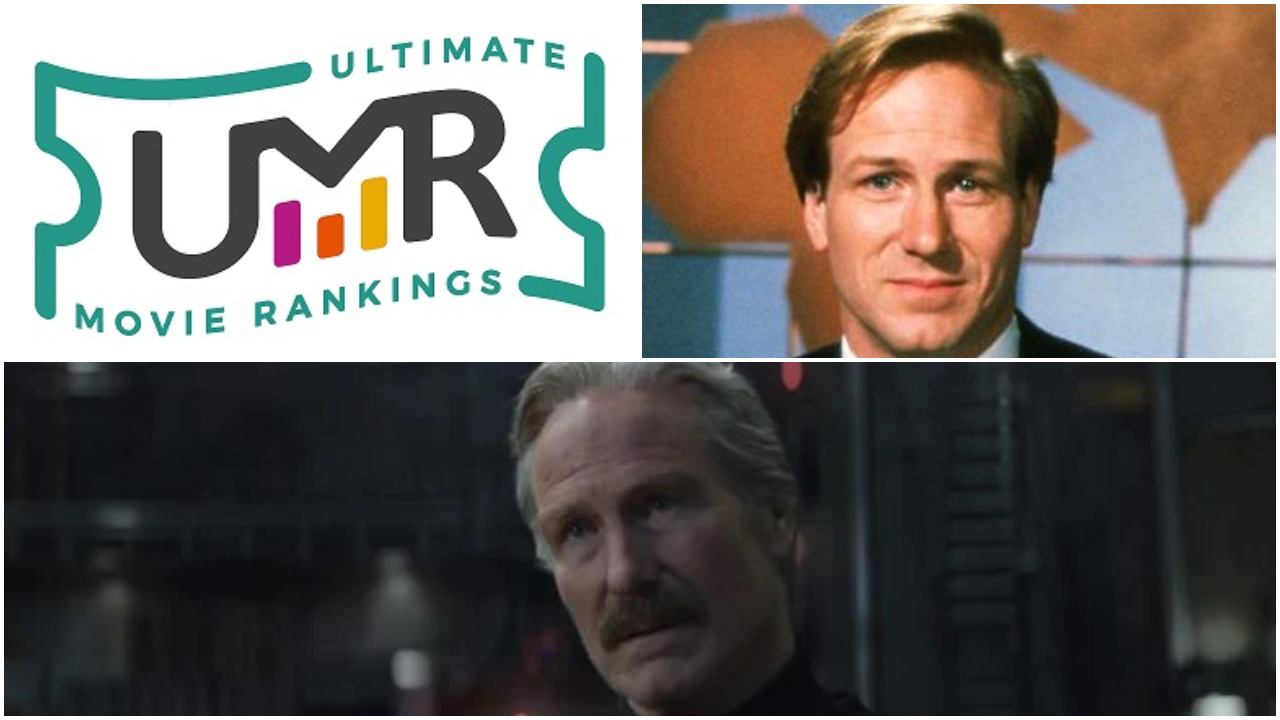

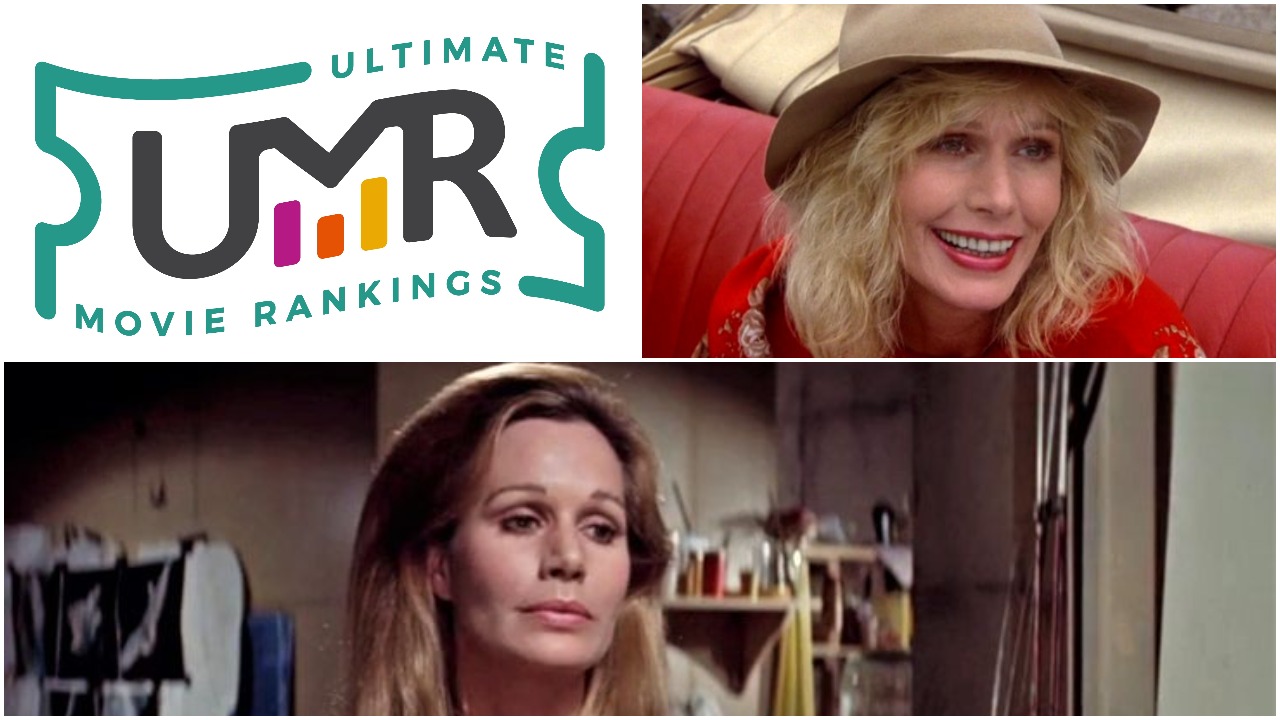
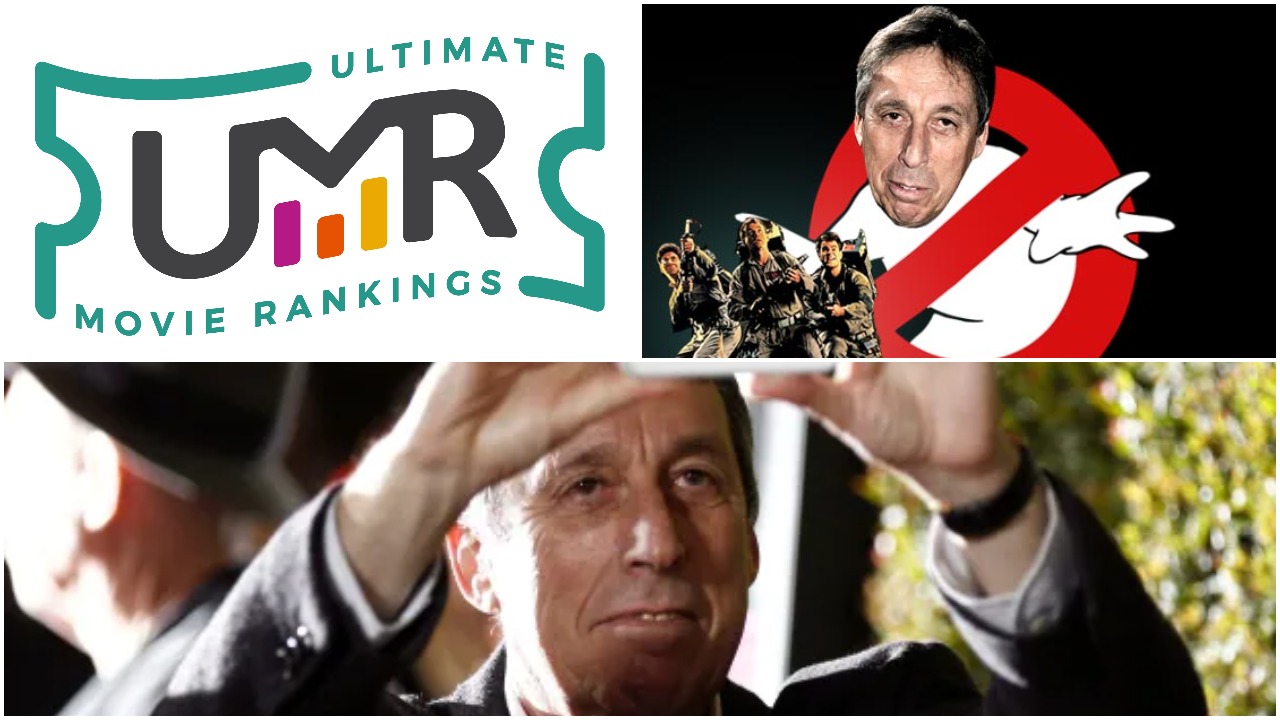
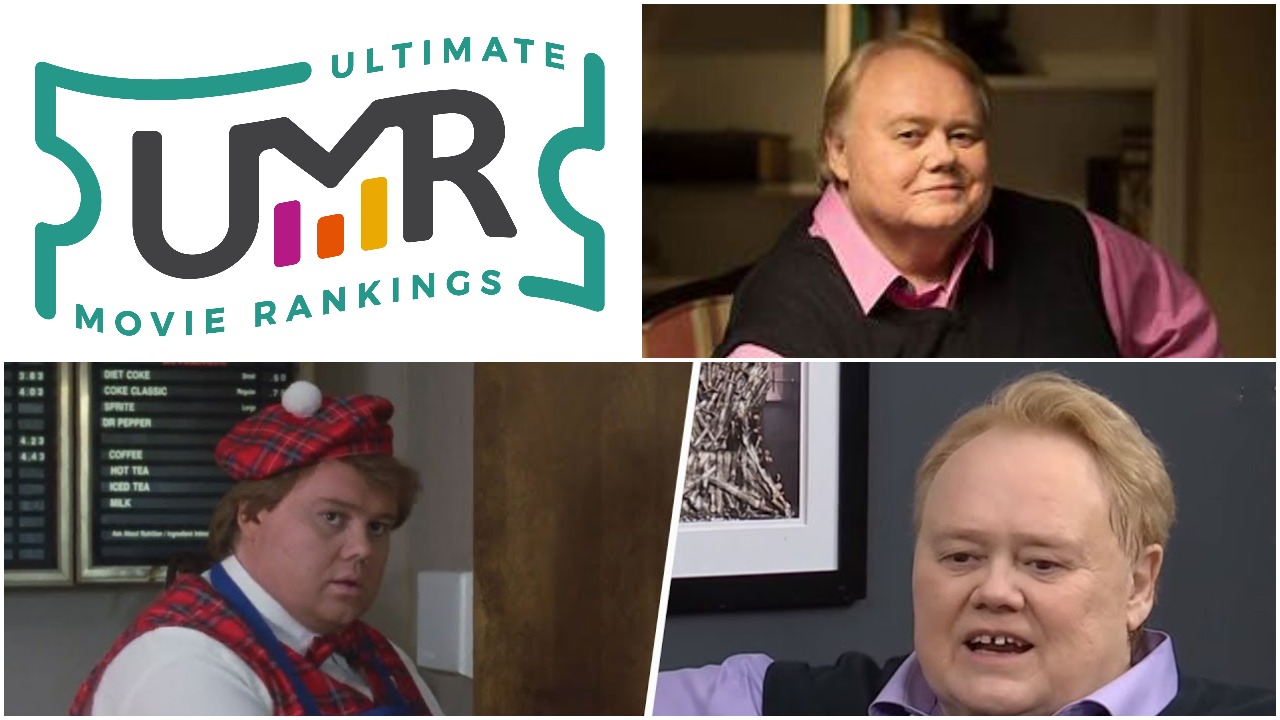

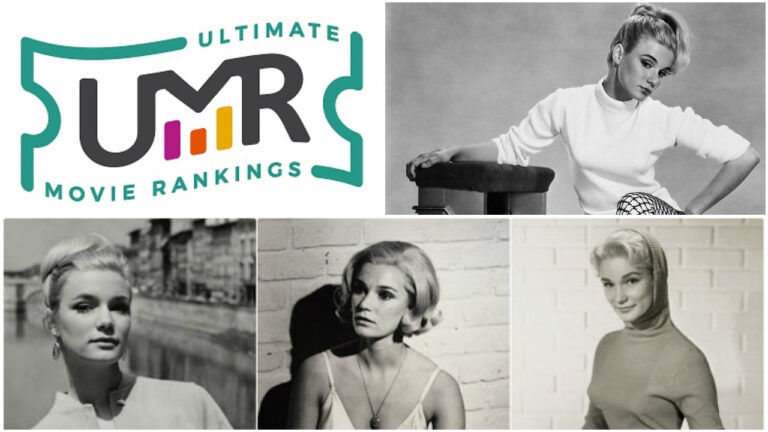

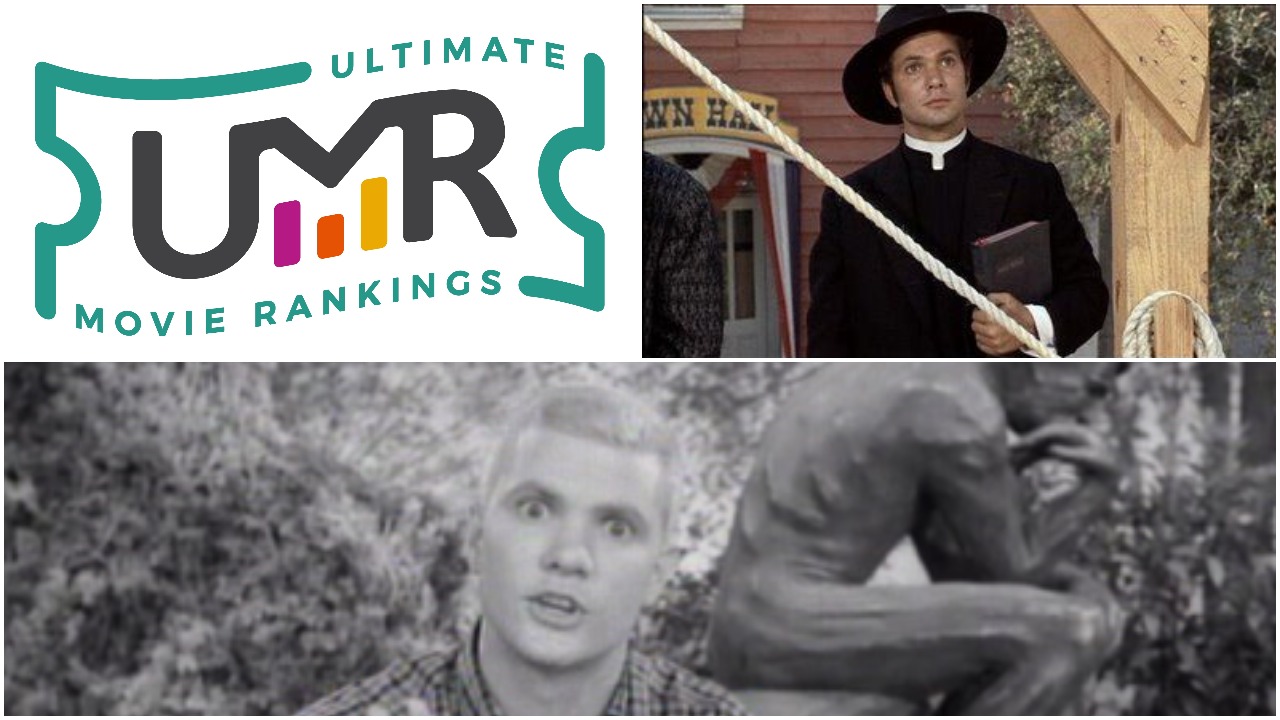
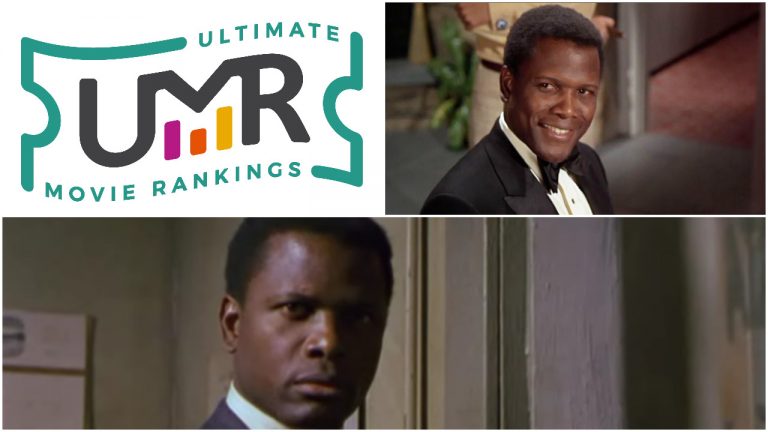
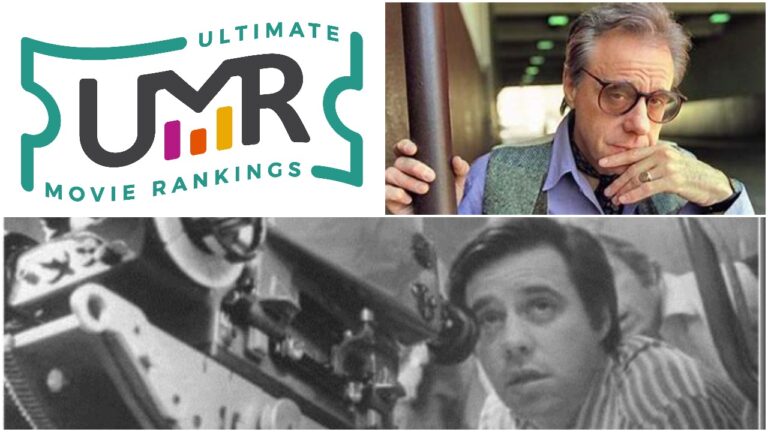
I know he was a TV star rather than a movie star, but I would like to let everyone know that Tony Dow died of cancer at 77. He was Wally Cleaver on Leave It To Beaver
Thanks Flora….I grew up with Tony Dow as Wally Cleaver….sad news….that is more than enough of the Hollywood people passing away. Rest in Peace Wally.
Tony Dow is still alive, his wife got something mixed up when this news broke. Tony’s son says he is in hospice but still alive. Hope his last hours are peaceful.
Paul Sorvino has passed away. Sorry this page has been so busy.
Thanks for the heads up In The Shadows. What is going on?….that is three “passing” people today. Rest in Peace Mr. Sorvino.
Will knock out a Paul Sorvino page after dinner….we have 44 of his movies already in the database.
https://www.yahoo.com/entertainment/r-p-david-warner-tron-165005418.html
David Warner, British actor has died at the age of 80. I have seen several of his movies. Rest in peace
Thanks Flora….it got to a point yesterday that I was afraid to look at the internet…for fear the news of another person passing would be there. Hopefully the 3 curse is over for awhile. Thanks again.
David Warner, # 205 on the 2021 Oracle of Bacon Top 100, has passed at 80. David was also the # 126 most connected actor of the 1970s, the # 228 most connected actor of the 1980s and the # 168 most connected actor of the 1990s.
From CNN:
(CNN)David Warner, an English actor who played villainous supporting characters with aplomb in films like “Titanic” and “Tron,” died over the weekend. He was 80.
Warner died from a “cancer-related illness,” his family said in a statement shared by his talent agency with CNN. He’d been sick for 18 months, his family wrote, and “approached his diagnosis with a characteristic grace and dignity.”
His was a prolific career that spanned more than 50 years, from horror classics to Oscar winners; from beloved animated series to a Disney musical. There was hardly a genre of film he didn’t leave a mark on, he acknowledged in a 2017 interview with the AV Club.
“I’ve done war pictures, I’ve done Westerns, I’ve done sci-fi … I mean, I wasn’t in ‘Harry Potter,’ and I wasn’t in ‘Lord Of The Rings,’ and I haven’t been in ‘Game Of Thrones,'” he told the AV Club. “So there are those big ones that I haven’t managed to do. But that’s show biz … and, you know, I think I’ve still done okay.”
A career spanning Shakespeare, horror and a best picture winner
Warner began his career onstage after studying at the Royal Academy of Dramatic Art. He starred in several productions with the Royal Shakespeare Company, appearing as the title roles in “Richard II” and “Hamlet.” He also appeared in the 1968 film adaptation of “A Midsummer Night’s Dream,” alongside Helen Mirren, Judi Dench and Diana Rigg.
Though he often played Shakespearean heroes onstage, in films, he was often cast as the antagonist. In Disney’s landmark sci-fi flick “Tron,” he played a power-hungry executive who passed off Jeff Bridges’ ideas as his own. In “Titanic,” he conspired with Billy Zane’s antagonist to keep the central lovebirds apart as the deliciously named Spicer Lovejoy. And in Terry Gilliam’s “Time Bandits,” Warner quite literally played the role of “Evil.”
Some of Warner’s most enduring roles saw him play the second banana: In “The Omen,” he wasn’t the villain but the victim, portraying a photographer threatened by the demonic child Damien. He also appeared in three of director Sam Peckinpah’s films, including the World War II ensemble film “Cross of Iron.”
When he could, Warner played against type, appearing as Ebenezer Scrooge’s sympathetic employee Bob Cratchit in a TV movie of “A Christmas Carol.” He acted in two “Star Trek” films, including one appearance as a Klingon. In his last film role, he played eccentric military veteran Admiral Boom, who regularly fires cannons to mark the time, in “Mary Poppins Returns.”
He also lent his voice to animated productions, like “Batman: The Animated Series” (as Ra’s al Ghul) and “The Amazing World of Gumball.” He said in 2017 appearing in “kids pictures,” like “Teenage Mutant Ninja Turtles II,” was “great fun.” He also mentioned his “utmost respect for the actors in the turtle suits.”
Despite his prolific career, Warner often regarded his legacy with a lightheartedness. In the 2017 AV Club interview, Warner said that as a young person, he was “hopeless” both academically and athletically, and so he “drifted into the odd school play.”
“I’m the kind of actor where you go around, you do your best, and you see what happens,” he told the AV Club.
David Warner remembered
Lin-Manuel Miranda, who starred with Warner in “Mary Poppins Returns,” shared a photo of himself with the late actor.
“So glad to have been able to express my admiration for David Warner’s incredible versatility and career in our time together on set,” Miranda wrote on Twitter. “My goodness, what a life and legacy.”
The Royal Shakespeare Company remembered Warner as he was in 1965, when he played Hamlet as a “tortured student in his long orange scarf.”
“David seemed the epitome of 1960s youth, and caught the radical spirit of a turbulent age,” said the company’s artistic director emeritus Gregory Doran. “He was a generous spirit, a kind man, and a huge talent.”
Warner is survived by his partner Lisa Bowerman, son Luke and his “many gold dust friends,” among others, his family wrote in their statement.
“He will be missed hugely by us, his family and friends, and remembered as a kind-hearted, generous and compassionate man, partner and father whose legacy of extraordinary work has touched the lives of so many over the years,” his family said.
Hey Dan….damn damn damn. We lose another thespian. I was actually thinking I should do a page on him a couple of weeks ago. I had just watched Time After Time again…he is great in that movie. Will knock out a page on him when I get home. Rest in Peace Mr. David Warner.
From the New York Post
Bob Rafelson, ‘Five Easy Pieces’ Director and ‘The Monkees’ Co-Creator, Dies at 89
By Rick Schultz, J. Kim Murphy
Bob Rafelson, the director, producer and writer who brought a European sensibility to American filmmaking with “Five Easy Pieces” in 1970, died Saturday evening at his home in Aspen, Colo. He was 89 years old.
Rafelson’s death was confirmed by his former personal assistant of 38 years, Jolene Wolff, who worked under Rafelson’s production banner Marmont Productions. Wolff stated that Rafelson died peacefully, surrounded by his family.
The Monkees vocalist and drummer Micky Dolenz, the final surviving member of the music group, offered a statement on Rafelson’s death Sunday afternoon.
“One day in the spring of 1966, I cut my classes in architecture at L.A. Trade Tech to take an audition for a new TV show called ‘The Monkees.’ The co-creator/producer of the show was Bob Rafelson,” Dolenz said. “At first, I mistook him for another actor there for the audition. Needless-to-say, I got the part and it completely altered my life. Regrettably, Bob passed away last night but I did get a chance to send him a message telling him how eternally grateful I was that he saw something in me. Thank you from the bottom of my heart, my friend.”
Rafelson partnered with Bert Schneider, who died in 2011, to form the production company Raybert, which later became BBS. He was a major behind-the-scenes force in the making of movies like “Easy Rider” in 1969 and “The Last Picture Show” in 1971.
But Rafelson’s production and direction of “Five Easy Pieces,” a critical success in America that garnered impressive box office abroad, turned him into a major player among a new generation of directors inspired by the style of the French New Wave. Director Ingmar Bergman voiced admiration for Rafelson’s achievement.
Starring Jack Nicholson as Bobby Dupea, “Five Easy Pieces” was a character-driven road movie reflecting Rafelson’s view of an outsider suffering from deep, undisclosed pain. In an interview, Rafelson, the son of a hat maker and abusive, alcoholic mother, said that Dupea was a character in need of escape. “I had been trying to escape from my background since I was 14 years old,” Rafelson said.
Rafelson’s first three films signaled a new depth in American filmmaking. He looked at dysfunctional families, thwarted ambition and alienation in “Five Easy Pieces,” “The King of Marvin Gardens” in 1972 and “Stay Hungry” in 1976.
“Five Easy Pieces,” nominated for four Oscars, including best picture, also heralded Nicholson’s arrival as a major star, earning him his first best actor nom. Rafelson would also work with Nicholson as either co-writer or director on films including “The Postman Always Rings Twice” in 1981 and “Blood and Wine” in 1996. The actor said he considered Rafelson part of his “surrogate family.”
Ironically, Rafelson’s professional relationship with Nicholson began with much lighter fare. “Head” (1968), which the director co-wrote with Nicholson, starred the Monkees, a fabricated rock group modeled on the Beatles. They were just coming off the hit NBC series of the same name created by Rafelson and Schneider. The show ran from 1966-68, winning Rafelson an Emmy for comedy series in 1967.
Though income from the series would provide financing for “Easy Rider,” Rafelson said he hated what the success of “The Monkees” represented. He called “Head,” his first feature, a scornful attempt to “expose the project” for its slick, trendy superficiality. Rafelson later explained that he touched on so many genres in the film — adventure, Western, romance — because “I thought I would never get to make another picture.”
Robert Rafelson was born in New York City. His uncle Samson Raphaelson (“The Shop Around the Corner”) was reportedly Ernst Lubitsch’s favorite screenwriter.
Rafelson studied philosophy at Dartmouth College, where Buck Henry became a close friend. He worked as a disc jockey, edited translations of subtitles for Japanese films and, in 1959, became a story editor on David Susskind’s “Play of the Week” TV series, where he wrote “additional dialogue” for writers like Shakespeare and Ibsen. In 1963, Rafelson was fired after a heated dispute with MCA’s Lew Wasserman over the short-lived series “Channing.” Reportedly, he was personally escorted off the Universal lot by Wasserman.
Rafelson’s marriage to Toby Carr, the production designer on his early films, ended in divorce. His life was also marked by tragedy when his 10-year-old daughter, Julie, died after a propane stove exploded in his Aspen home in 1973. It “affected everything Bob ever did after that,” Henry said about his friend.
After the 1970s, Rafelson turned to moody noir pictures. In addition to “Postman” with Nicholson and Jessica Lange, he directed 1987’s “Black Widow,” starring Debra Winger and Theresa Russell. Both films saw healthy box office in Europe, where Rafelson’s reputation remained in high regard. The 2002 crime thriller “No Good Deed” starred Samuel L. Jackson, Milla Jovovich and Stellan Skarsgard but barely opened in the U.S.
Rafelson received some good notices in 1990 for “Mountains of the Moon,” about explorer Sir Richard Burton, but 1992’s “Man Trouble,” which reunited the director with Nicholson and “Five Easy Pieces” screenwriter Carole Eastman, and 1998 HBO TV movie “Poodle Springs,” with James Caan as detective Philip Marlowe, did not fare well with audiences or critics.
Rafelson also directed the music video for Lionel Richie’s 1983 hit “All Night Long (All Night),” matching the infectious pop ballad with a colorful, abstract portrait of a sunset block party.
Along with “Five Easy Pieces,” which was selected for preservation by the Library of Cong in 2000, and his work as a producer for BBS, Rafelson will be remembered for boosting the early careers of actors including Jeff Bridges and Sally Field in “Stay Hungry” and Ellen Burstyn, whom he recommended to Peter Bogdanovich for “The Last Picture Show.”
Looking back on his own career in a 2004 interview, Rafelson was philosophical: “If it happens that people respond to your work in your lifetime, well, you’re very lucky…it gives you permission to go on making movies. But if you don’t get the applause, well, there are other things. I mean, after all, there’s your life to live.”
Later in his life, Rafelson appeared in the 2010 documentary “America Lost and Found: The BBS Story.”
Hey Dan…thanks for the heads up on the passing of Bob Rafelson….I have moved this comment to our just completed Rafelson UMR page. Rest in Peace Mr. Rafelson.